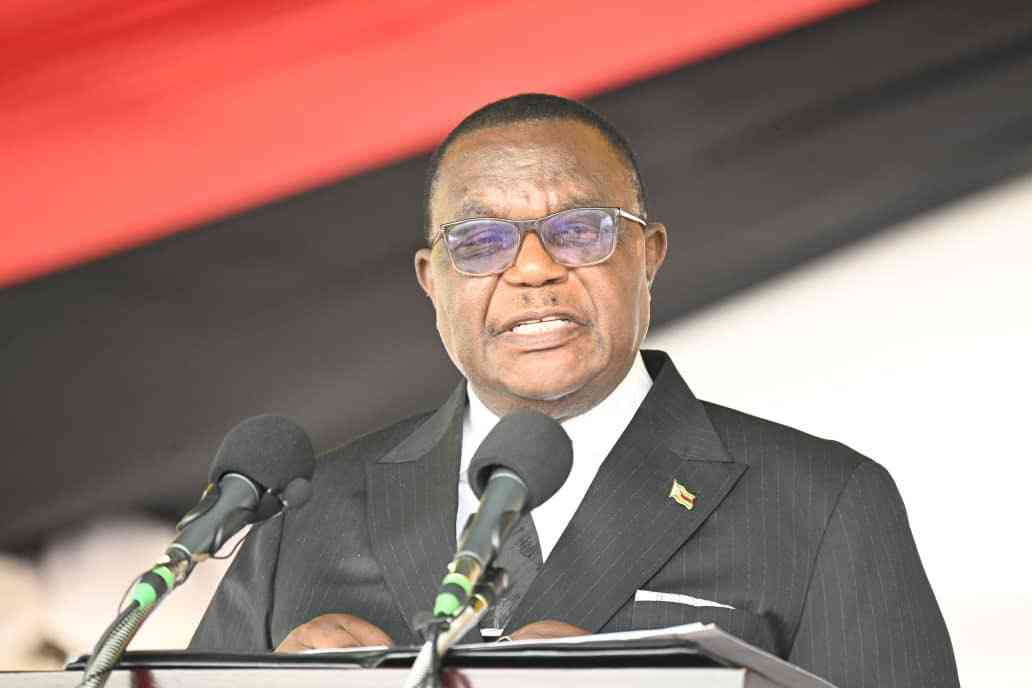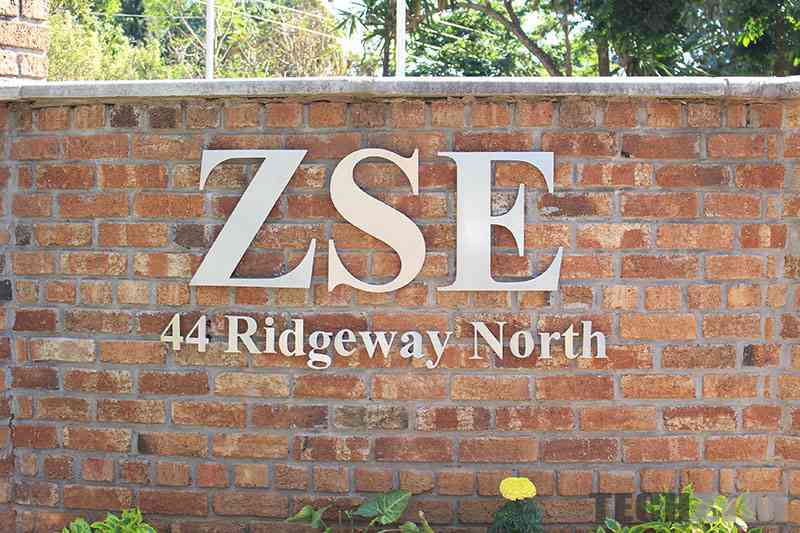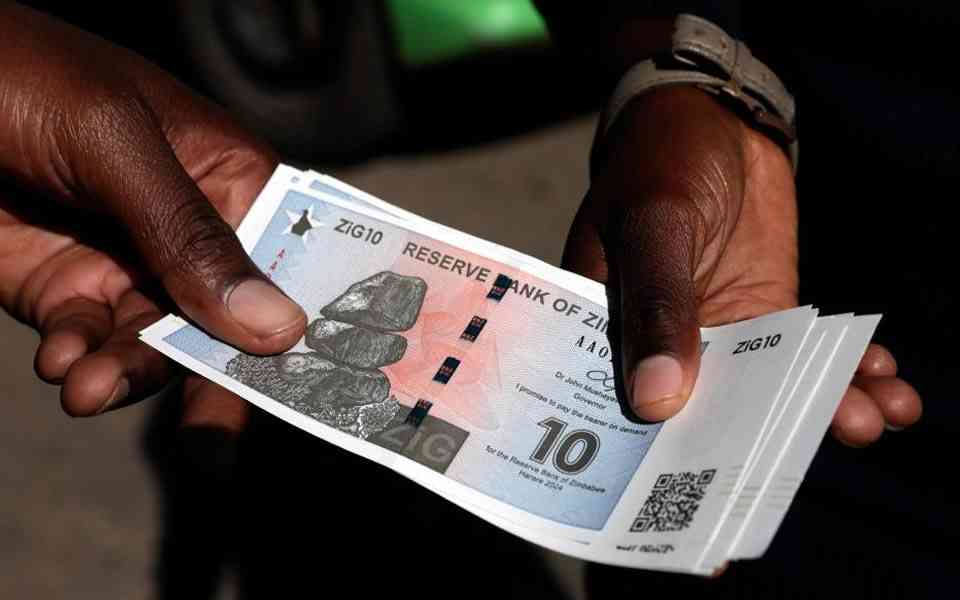
VICE-PRESIDENT Constantino Chiwenga this week took a dig at the super-rich individuals, known in street lingo as “mbingas”, who flaunt their unexplained wealth amidst widespread poverty gripping Zimbabwe.
He stressed that the country belongs to all citizens, not just the elite, and emphasised the urgent need to eradicate corruption.
Chiwenga’s remarks come at a critical time as Zimbabwe grapples with the devastating effects of unchecked corruption.
Many of these “mbingas” are part of gold smuggling syndicates, looting the nation’s resources while offering nothing in return to the economy. They have perfected the art of plundering, often aligning themselves with the ruling party and sponsoring its activities to evade scrutiny. Some of these individuals, as he noted, are gold mafias pillaging the country’s resources at the expense of the masses.
Meanwhile, the formal business sector is struggling to stay afloat under an unfavourable operating environment.
Instead of targeting these “mbingas”, the government seems to focus its efforts on harassing legitimate businesses, which are crucial for economic recovery. The “mbingas”, on the other hand, continue to flaunt their ill-gotten wealth, moving large sums of cash and undermining Zimbabwe’s financial systems, with the Reserve Bank of Zimbabwe and other authorities turning a blind eye.
As Chiwenga rightly pointed out, Zimbabwe’s resources must benefit all its citizens, not just a privileged few.
Yet, the current state of affairs has entrenched poverty and deepened inequality. The “mbinga” mentality has bred a culture of entitlement and corruption, eroding the nation’s social fabric.
- Big send-off for Cont Mhlanga
- Massive ZRP vehicle theft scam exposed
- Zanu PF bigwigs face axe in purge
- Village Rhapsody: Health workers’ grievances need permanent solution
Keep Reading
The cost of inaction is severe. Without addressing these systemic issues, Zimbabwe risks remaining trapped in economic stagnation and widening social inequality.
The Gold Mafia documentary by Al Jazeera exposed the extent of corruption in the mining sector, including smuggling, bribery, and money laundering networks. As expected, the Zanu PF government has largely ignored these revelations.
It is time for Zimbabwe to take a stand against corruption and ensure that its resources benefit all citizens, not just the privileged few.
Chiwenga’s comments are a step in the right direction, but they must be backed by concrete action.
Transparency and accountability should be at the heart of this effort. Institutions must be strengthened, anti-corruption laws strictly enforced, and perpetrators of corruption brought to justice.
The government must also address the root causes of corruption, including poverty and inequality. Furthermore, Zimbabwe needs to promote economic inclusivity by supporting small and medium-sized enterprises, and ensuring that they have access to resources and markets. This will help to create jobs and stimulate economic growth, reducing the allure of corrupt practices.
Addressing corruption in Zimbabwe requires a collective effort from citizens, civil society, and the government. It is time for Zimbabweans to demand more from their leaders and to hold them accountable for their actions. It remains imperative that Zimbabweans say no to “mbinga” economy.











